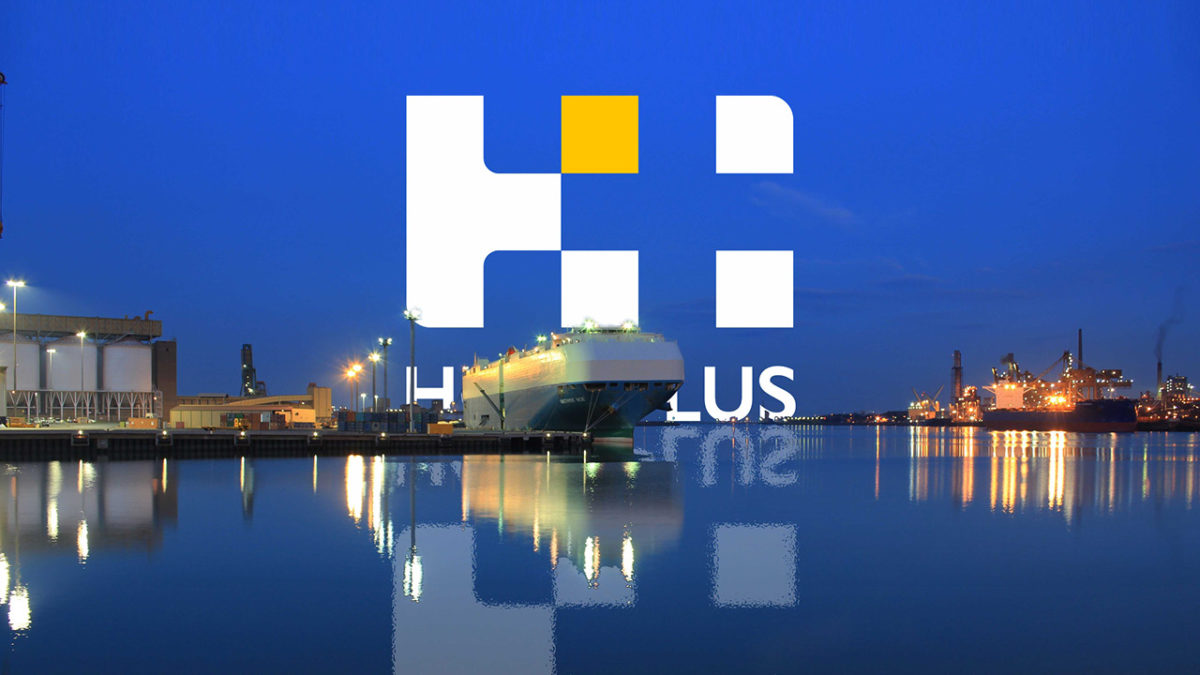Another one bites the dust: Maritime’s Host deal
Maritime Super, the 53-year-old $5.8 billion industry fund for maritime and waterside workers, plans to merge its investments with those of Hostplus, the 35-year-old $53 billion industry fund for the hospitality industry, but retain its separate board, self-administration and branding.
The announcement last week (February 11) followed earlier and lengthy discussions between Maritime and Mine Super, which are understood to have been discontinued only recently. Under the deal with Host, Maritime will invest via Host’s PST (pooled superannuation trust), which provides an extra trustee layer over the money.
The discussions for most of last year between Maritime and Mine followed previous attempts for those two funds to get together. The first of these took place prior to the merger between the former SERF (Stevedoring Employees Retirement Fund) and the SRF (Seafarers Retirement Fund) in March 2009, which formed what is now Maritime Super.
At one stage, a three-way merger, including Mine – then known as AusCoal – was considered, alongside other options such as an amalgamation of investments and backoffice functions while retaining separate trustee governance, in much the same way Maritime now intends to do with Host.
The latest negotiations, though, followed some prompting by APRA, which has made no secret of its desire to encourage or, if necessary, force certain funds to merge. The introduction of an APRA ‘heatmap’ of published returns of MySuper default options in 2019, as well as the MySuper legislation itself, which took effect in 2014, have hastened the merger trend.
Having been in operation for only six reporting years, published returns for MySuper default options are relatively short term in nature. They have also shown a tendency to encourage more indexing by super funds, particularly the big retail funds which have less private markets allocations in their portfolios.
In December 2019, one of the sponsoring organisations for Maritime Super, the Maritime Union of Australia, sent a letter to its members defending the fund’s performance and criticising its portrayal by APRA and the press in the APRA heatmap. The union pointed out that fewer than 15 per cent of the fund’s members were in the MySuper product, which had underperformed the median. About 40 per cent were in the growth option and 25 per cent in the balanced option, both of which had performed much better over longer periods.
On the latest news Peter Robertson, Maritime’s chief executive, said, it was a matter of changing one investment structure into another. Maritime would still be standalone. He said: “To be able to leverage the liquidity of Hostplus is going to make a big difference to members in the long term and our aim is to improve outcomes for members and we think this is the best way to do it now.”
David Elia, Hostplus chief executive, said the fund’s PST structure was a viable and distinctive alternative to mergers and acquisitions, especially for smaller funds that were otherwise well-performing and delivering good and valued member outcomes.
While Host and Maritime have very different membership bases, there is a significant complementarity which Host may find helpful. Maritime members tend to have much higher account balances than most industry funds. It has 24,500 members, including 3,500 pension members, compared with Host’s 1.2 million members.
Host has, until last year at least, had stronger cashflows from new members. Host and REST, the two-million-member retail industry fund, together attract more than 50 per cent of all new members who have just joined the workforce, often starting out on a part-time basis.
Of the main service providers to the two funds, the one similarity is with their asset consultants; they both use JANA. Custodian and member administration are provided differently. Maritime is self-administered and uses NAB Asset Servicing as custodian, while Host uses Link for admin and Citi for asset servicing. Both use scores of managers.











